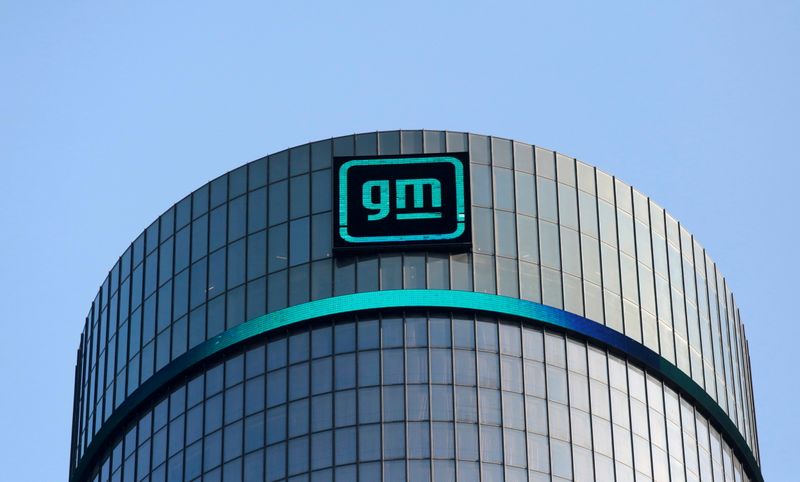On Wednesday, Bernstein reaffirmed its Market Perform rating on General Motors (NYSE:GM) with a steady price target of $55.00. Trading near its InvestingPro Fair Value and showing impressive momentum with a 48% gain year-to-date, GM announced plans to discontinue its self-driving unit, Cruise, and integrate its technology into the broader GM portfolio for advanced driver assistance features in their vehicles.
This move comes as a pivot from the previous goal of launching an autonomous vehicle/robotaxi service, a plan that has been on hold since a safety incident in October 2023 and subsequent difficulties in finding a partner to fund the project throughout 2024.
The integration of Cruise technology is expected to reduce GM's annual cash burn by approximately $1 billion. With an EBITDA of $18.4 billion and a market capitalization of $58 billion, this strategic shift is seen as a way to mitigate financial risk for GM. The company maintains a healthy dividend yield of 0.91% and has raised dividends for three consecutive years, as noted in InvestingPro's analysis.
The decision to fold Cruise operations into GM's broader organizational structure reflects the company's adjustment to the challenges faced in the electric vehicle sector and its efforts to adhere to its early flat EBIT year-over-year guidance for 2025.
General Motors has not provided further details regarding the potential profit and loss or additional cash flow impacts of this change. The reassessment by Bernstein suggests a cautious outlook for GM's financial performance, given the recent strategic developments and the competitive landscape of the automotive industry.
Investors and market watchers are now anticipating the next steps for General Motors as it recalibrates its strategy without Cruise as a standalone entity. Trading at an attractive P/E ratio of 5.7x, GM maintains strong analyst support with a consensus recommendation of 2.14 (Buy).
For deeper insights into GM's valuation and growth potential, including 8 additional exclusive ProTips and comprehensive financial analysis, visit InvestingPro's detailed research report. The company's management is likely to continue exploring options to optimize operations and financial outcomes in the evolving electric vehicle market.
In other recent news, General Motors (GM) has seen a multitude of developments. Morgan Stanley (NYSE:MS) has upgraded GM's stock rating from Underweight to Equalweight, setting a new price target of $54. This change reflects evolving perspectives on the automotive industry's future, particularly in light of potential regulatory changes and tariff adjustments. GM's robust annual revenue of $183 billion underscores this adjustment.
GM has also disclosed significant financial adjustments, including an anticipated impairment of its equity interest in China joint ventures, estimated to range from $2.6 to $2.9 billion. This financial impact is expected in the fourth quarter of 2024.
In addition, GM Financial, a GM subsidiary, plans to record a $400 million impairment charge related to its equity investment in SAIC-GMAC, a joint venture in China. This decision follows a reassessment of the venture's value amidst new business forecasts and restructuring actions.
On a strategic front, GM plans to sell its stake in a joint venture battery plant in Lansing, Michigan, to partner LG Energy Solution. This move is part of GM's adjustments to its electric vehicle strategy and aims to recover approximately $1 billion in investment.
BofA Securities maintained its Buy rating on GM, citing the company's robust financial performance and ongoing initiatives that could enhance its future prospects. Meanwhile, Jefferies has increased GM's price target while maintaining a Hold rating, subtly adjusting the company's profit and loss estimates.
This article was generated with the support of AI and reviewed by an editor. For more information see our T&C.
